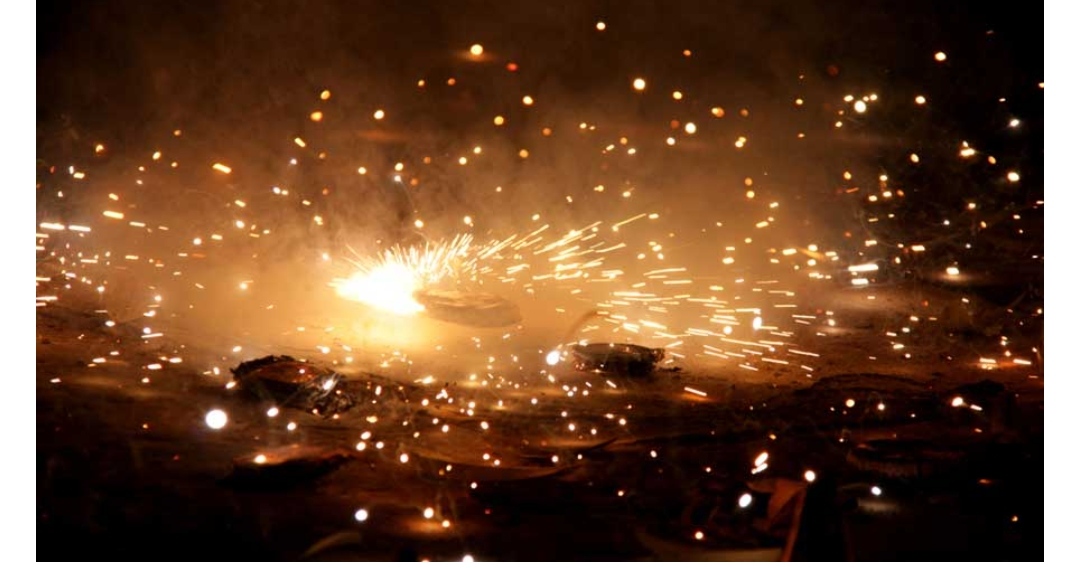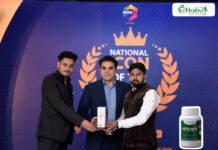The Supreme Court today said it must take into account all as hupects, including the fundamental right to livelihood of firecracker manufacturers and the health rights of over 1.3 billion people in the country, and see consider requests to ban them.
The Supreme Court said Article 21 (right to life) of the Constitution applies to both sections of the people and a balance must be maintained while considering the nationwide ban on firecrackers. A bench comprising Justices AK Sikri and Ashok Bhushan asked the Center to file an affidavit providing details on measures to be taken to reduce pollution and impact of firecrackers on the public. “There are economic aspects involved in it. The government’s affidavit states that there are 1,750 firecracker manufacturing industries in Tamil Nadu, directly or indirectly employing 5,000 families. It said the firecracker manufacturing industry is worth Rs 6,000 crore. We have to see what is the relevance of the economic aspect to fundamental rights,” the court said, adding: “There is a fundamental right to livelihood of producers, and at the same time, there is a fundamental right to about health for 130 people”. million people in this population. nation. You have to keep in mind production costs and health costs. Although it is difficult to collect accurate data on people with respiratory and other health problems in different hospitals.
Senior advocate Dhruv Mehta, representing the firecracker manufacturers, said legal regulations existed and when it came to pollution or the impact of firecracker bursting, there was no in-depth study on the subject This. In this regard, the judge said that the existing regulations were introduced from the point of view of safety against firecrackers but these regulations were not concerned with their environmental impact.
Mehta said there was not enough documentation to propose a ban on firecrackers because of their impact on the environment and health. The court responded that those who petitioned for a ban on fireworks had argued that the health damage was irreparable.
Senior advocate Shekhar Naphade, appearing for Tamil Nadu, said the apex court had earlier ordered a study and formation of a committee but this was not followed. Then, the judge asked the Center what is its view and solution to the problem of pollution caused by firecrackers.
He asked the Center’s lawyer to file an affidavit detailing short-term measures and his proposal for a plan to reduce firecracker pollution. The court adjourned the case for further hearing on August 21.
On August 8, the apex court said the spike in PM 2.5 levels in the air is a serious problem as the particles remain in human lungs, leading to serious health consequences.
Firecracker manufacturers had previously told the court that their use should not be completely banned but strictly regulated. They argued that crackers are not the cause of increased air pollution but that other factors such as wind and temperature contribute to it.
They said firecracker manufacturers could be stripped of their business rights based on claims without evidence.
On October 9 last year, the apex court had temporarily banned the sale of firecrackers in the run-up to the festival of Diwali.
Later, the court refused to relax the order while dismissing the appeal filed by traders who had sought permission to sell crackers at least a day or two before Diwali on October 19, 2017.
The apex court said the ban imposed during Diwali that year was an experiment to check its impact on pollution levels in the area.
For more information visit at https://happenrecently.com/zepto/?amp=1







